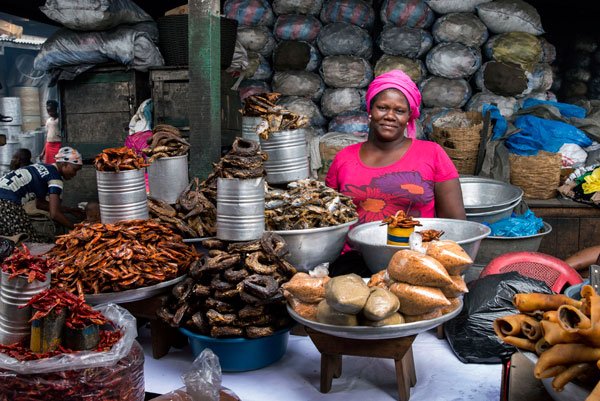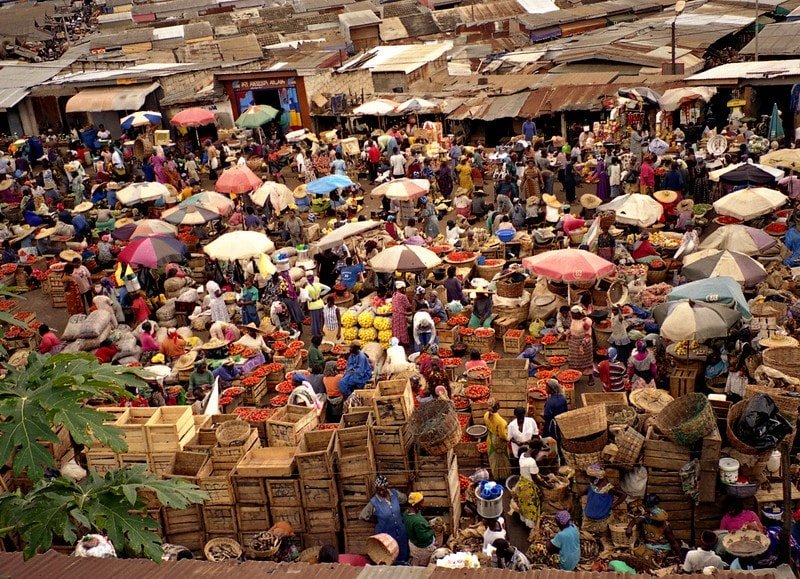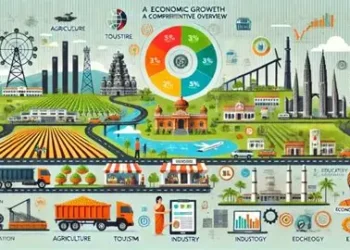The Informal Cross-Border Trade (ICBT) survey conducted by the Ghana Statistical Service (GSS), revealed that women played a stronger role in imports, while men dominated export transports in the northern and western borders.
Extending from the report, the role of women in trade at the borders is on the rise. Not only do women receive and sell goods in the markets, but they are also involved in the transportation of imported goods.
“Gender participation in ICBT reveals notable differences: 65.7% of export transporters are men, while 41.3% of import transporters are women, particularly active in the Savannah, Western, and Northern regions.”
Informal Cross-Border Trade Survey – Ghana Statistical Service
One of the important observations of the GSS is the importance, impact, and centrality of the informal sector in the Ghanaian economy. Though the sector is not wholly recognized by customs and revenue collectors, its contribution to household income is undeniable.
Thousands of lives are provided with basic needs like food, shelter, and education from the growing existence of the informal sector. The sector provides a long chain of job opportunities to a significant number of the Ghanaian population.

“The findings confirm that informal trade is not marginal, it is an essential part of Ghana’s economic fabric. It links producers and consumers across borders, ensures food availability, and sustains thousands of livelihoods, particularly in border communities with limited formal employment opportunities.”
Informal Cross-Border Trade Survey – Ghana Statistical Service
The absence of regulation of this enlarging local sector of the economy poses many challenges to the economy. This has led to Ghana’s revenue shortfalls due to the untaxed informal sector. Traders are also exposed to cheats, capital loss, and other risks.
The Informal Cross-Border Trade sector in Ghana must be restructured through credit availability, enforced regulations, essential infrastructure, and standardization. The need for protection for women in the informal sector owes to the vulnerable nature of women. Establishing women in the sector will reflect household, community, and national growth and welfare.
“However, informal trade also presents policy challenges. It limits accurate measurement of trade flows, reduces tax capture, and exposes traders, especially women, to risks from lack of regulation, infrastructure, and finance.”
Informal Cross-Border Trade Survey – Ghana Statistical Service
All the consumption and production chains are well represented in this sector. According to the GSS report, the informal trade “connects farmers, processors, and consumers while ensuring that food flows across regions and borders; sustains thousands of households, especially women and youth in rural areas.” The report added that, “ignoring it would mean overlooking one of the strongest drivers of employment, growth, and regional integration.”

The Need to Protect Women
According to the World Bank, “Trade can dramatically improve women’s lives, creating new jobs, enhancing consumer choice, and increasing women’s bargaining power in society.”
The organization claims that through trade, women’s economic influence increases, inequality is reduced, as well as education and skills of women are improved.
The GSS again recommends that Ghana must boost local production of commodities like oil and rice. The World Bank also mentioned that as exports increase, more women are employed, making women better off in terms of benefits, training, and security.
The World Bank also showed that when the informal sector is formalized, “women increase their share of total manufacturing wages from 24% to 30% through a combination of increased employment and higher salaries.”
The GSS advocates for the protection and promotion of women in trade, recommending that a gender desk should be created at key border points to address harassment issues, provide a tailored credit system for women, and involve women associations in border policy consultations.
The GSS report intensifies campaigns for women welfare improvement. As women participate strongly in trade in the informal sector, their growth and formalization will positively impact households, communities, and the general community.
According to the Government Statistician, Dr. Alhassan Iddrisu “Ghana now has the data and must act on it. Informal cross-border trade must move from being tolerated to being integrated into national accounts, trade strategies, and development policy.”
He added that, “doing so will not only expand the tax base and improve trade data, but also unlock a more inclusive and resilient economy, one driven by the people who already make trade work every day.”























